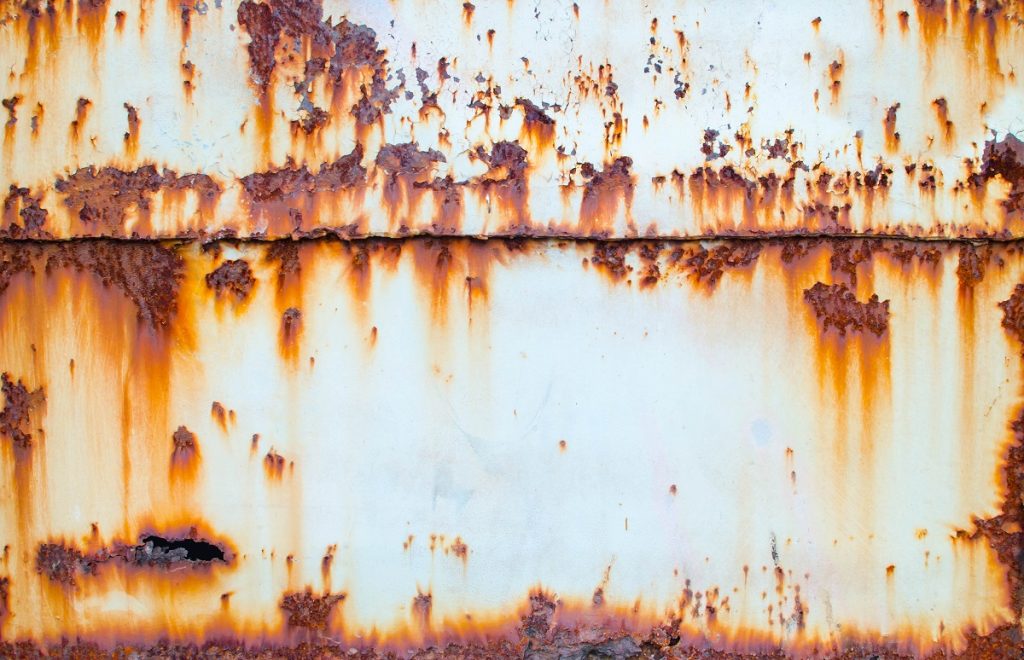- Rust is a chemical reaction caused by contact with water and oxygen that corrodes iron or steel.
- Rust can hurt your health, valuables, home structure, and finances.
- Regularly clean gutters and inspect metal structures for rust spots to take preventive measures.
- Mold and insects flourish in moist environments where rust can form, increasing the risk of diseases.
- Use waterproof sealants on exposed metal surfaces to prevent water from entering and causing corrosion.
Rust is commonly known as the corrosion of iron and steel, but it can significantly impact your home life more than damaging metal structures. Knowing how rust can affect your household items, health, and financial stability is essential. Here are the various ways rust can adversely affect your home life and what you can do to prevent it.
How Does Rust Form?
Knowing how rust forms are essential to understand how it can impact your home life and prevent its formation. Rust is a chemical reaction called oxidation, which occurs when iron or steel comes into contact with water and oxygen. This causes the iron or steel to corrode, forming reddish-brown flakes known as rust.
How Can Rust Impact Your Home Life?
There are several ways rust can hurt your home life. Here are some of those ways:
Rust Can Impact Your Health
When rust is present, it can indicate excessive moisture in your home. Moisture is a breeding ground for mold and bacteria, which can cause various health problems for you and your family. Breathing in mold spores can lead to respiratory issues, including allergies and asthma.
Insects such as mosquitoes and cockroaches thrive in moist areas, which increases the risk of diseases such as dengue, malaria, and cholera. By tackling rust, you could, in turn, be improving your family’s health.
Damaged Valuables
Rust is famously known to damage metal structures such as home appliances, vehicles, and machinery. It can also devastate your valuable possessions, including jewelry, artwork, and family heirlooms. Rust stains can be challenging to remove from fabrics, including carpets, clothing, and furniture. Once rust has stained or damaged your expensive items, it may be impossible to restore them.
Rust Can Affect Your Home’s Structure
Rust doesn’t only damage metal structures, but it can also weaken the structure of your home. Rust can cause wooden structures to rot, leading to structural damage and, worst-case scenario, the collapse of your home. If you notice any rust or other signs of decay, you should have a professional inspect your home and ensure your family is safe.

Costs
Preventing rust is crucial in avoiding costly repairs and replacements. Rust on your appliances can decrease performance, leading to higher electricity bills. Rust on your car can cause it to break down, leading to expensive repairs and leaving you stranded. Rust damage on your home’s foundation can be costly to repair, and it can decrease the value of your property. Taking preventive measures and treating rust, at first sight, can save you much money in the long run.
Parts of Your Home Often Affected By Rust
If you want to prevent or deal with dust in your home, you need to know which parts are affected by it. Here are some parts of your home often affected by rust:
Garage
The first place to check for rust is your garage and other metal structures such as a carport, driveway gates, or sheds. These are the areas most exposed to water and moisture, making them prime spots for rust damage. You should check your garage doors; if it’s struggling to close or open, it might be time to get them checked by a professional. A local garage door repair service can do this for you. They can help remove the rust and ensure your garage door functions correctly.
Bathroom

Rust can form in the bathroom due to the constant presence of water and moisture. Check for any rusting on taps, showers, bathtubs, and pipes, as this can quickly spread. Rust spots can be removed with baking soda, white vinegar, and salt. Ensure you use protective gloves while cleaning, as rust can cause skin irritation.
Preventing Rust at Home
The best way to protect your home from rust is by taking preventive measures before it forms. Here are some steps you should take:
- Make sure your gutters are cleaned regularly and check for any signs of damage or wear and tear.
- Ensure your roof is well maintained, with no holes or cracks.
- Check for any signs of mold growth in areas prone to moisture.
- Inspect metal structures, such as door frames and window sills, regularly for rust spots.
- Use waterproof sealants on all exposed metal surfaces to prevent water from entering and causing corrosion.
Rust can affect your home life in various ways, and it’s essential to take preventive measures to protect your family and valuables. Cleaning your home and using waterproof sealants can help keep rust away from your home. Taking these steps now could save you a lot of money and headaches.

